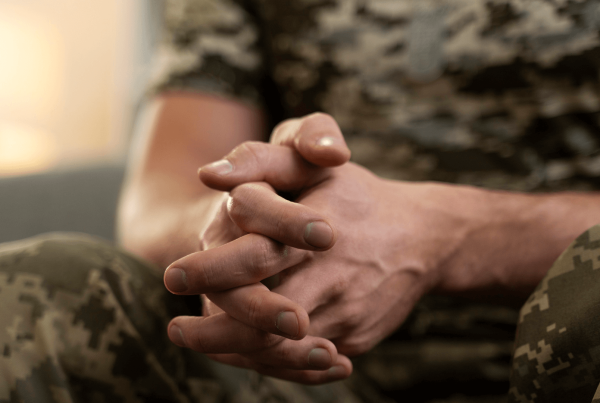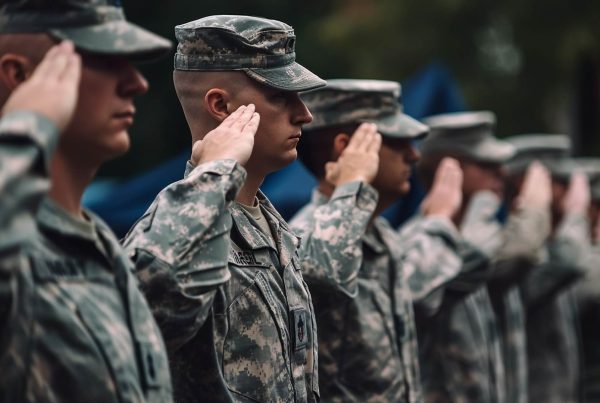For Veterans living with service-connected disabilities, maintaining a safe and accessible home can be a major challenge. The VA offers Adaptive Housing Grants, which provide financial assistance to modify a home to meet the unique needs of disabled Veterans. These grants are designed to improve mobility, independence, and overall quality of life, yet many Veterans are unaware of their eligibility or how to apply.
The VA offers two primary programs for adaptive housing: Specially Adapted Housing (SAH) Grants and Special Housing Adaptation (SHA) Grants. SAH grants are generally reserved for Veterans with severe service-connected disabilities, such as the loss of both legs, the loss of use of both arms, or certain blindness and spinal cord injuries. The SAH grant can provide up to $100,000 in 2025 (adjusted for inflation), which can be used to purchase a home, build a new home, or adapt an existing home to accommodate accessibility needs.
SHA grants are available for Veterans with disabilities that are serious but do not meet the SAH threshold. Common examples include the loss of one limb, significant loss of vision, or severe mobility impairments. SHA grants can provide up to approximately $20,000 for modifications such as wheelchair ramps, widened doorways, accessible bathrooms, or lowering countertops and sinks. These modifications make daily activities safer and more manageable, allowing Veterans to remain in their homes rather than moving to assisted living facilities.
The application process for these grants requires detailed medical documentation, including proof of service-connected disabilities and an assessment of how the disability impacts daily living. Veterans will need to provide evidence from VA medical exams or private medical professionals, along with estimates or plans for the proposed home adaptations. The VA also requires that the modifications be reasonable, necessary, and consistent with the Veteran’s disability-related needs.
2025 updates have simplified some aspects of the process. The VA now provides clearer guidance for construction and remodeling costs, allowing Veterans and their contractors to plan budgets more effectively. Additionally, Veterans may combine certain VA adaptive housing benefits with other programs, such as the VA Home Loan program, to maximize their ability to purchase and modify a home. This combination can be particularly beneficial for Veterans looking to buy a new home and adapt it to their needs from the start.
Adaptive housing grants are not just about physical modifications; they also have a profound impact on mental and emotional well-being. For Veterans living with disabilities, the ability to navigate their home independently fosters a sense of autonomy, reduces caregiver burden, and contributes to overall quality of life. Veterans who have used these grants report a significant improvement in daily functionality and comfort, highlighting the importance of these programs beyond financial support.
Veterans interested in these grants should work closely with accredited VA representatives or Veterans Service Organizations (VSOs). These professionals can help ensure that applications are complete, evidence is properly submitted, and all potential benefits are considered. They can also advise on appeals if an initial request is denied, which is common due to strict documentation requirements.
In conclusion, VA Adaptive Housing Grants are a vital resource for Veterans with disabilities in 2025. By understanding eligibility, gathering thorough documentation, and working with knowledgeable representatives, Veterans can access funding to make their homes safer, more accessible, and more comfortable. These grants not only enhance physical independence but also provide peace of mind for Veterans and their families, ensuring that their homes support a higher quality of life.



